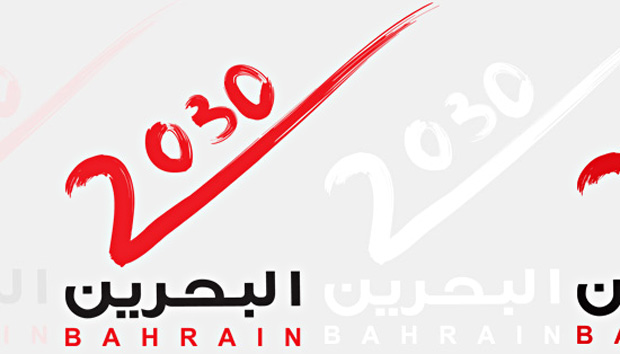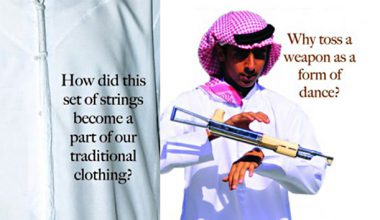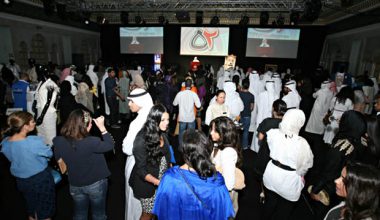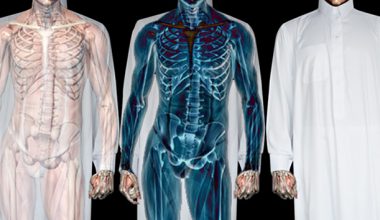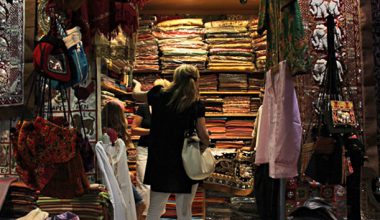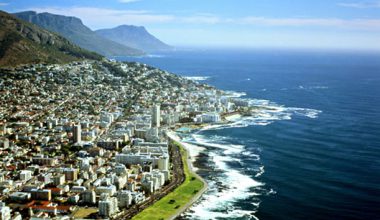 A celebration of Bahrainis who inspire generations with their experiences and efforts, Bahraini Views is a pioneering project featuring Bahrainis in various fields talking about their experiences and work mottos. Those 2-minute short videos aim to document how those respective Bahraini role models from all walks of life rose above their circumstances and made something of themselves, their lives, and their communities. Produced and brought about by Mahmood Al-Yousif, these short videos have been a hit online and on Bahrain’s National TV Channels alike. Khaleejesque got in touch with this pioneering producer and discussed Bahraini Views, the need to share experiences, and inspire others.
A celebration of Bahrainis who inspire generations with their experiences and efforts, Bahraini Views is a pioneering project featuring Bahrainis in various fields talking about their experiences and work mottos. Those 2-minute short videos aim to document how those respective Bahraini role models from all walks of life rose above their circumstances and made something of themselves, their lives, and their communities. Produced and brought about by Mahmood Al-Yousif, these short videos have been a hit online and on Bahrain’s National TV Channels alike. Khaleejesque got in touch with this pioneering producer and discussed Bahraini Views, the need to share experiences, and inspire others.
Khaleejesque Team: How did you come up with the concept of Bahraini Views?
Mahmood Al-Yousif: Bahrain, experiencing growing pains and undergoing political, economic, labor and educational reforms, quite naturally generated a number of disgruntled citizens. To those who prefer to see the glass half full, the question of there being a light at the end of the tunnel doesn't even present itself. To them, it's broke. I wanted to find a way to switch it on and in so doing, showing my fellow citizens that it's not all doom and gloom. I wanted to show that regardless of all the global negativity around us, some people within our community are not only experiencing success, but have excelled and flourished.
As I firmly believe in leading by example, I wanted to expose some of those people who have depended on their own resources, ingenuity and tenaciousness to make it happen. I wanted to record and share their experiences in the hope that their stories would inspire others to emulate them, enthuse them to transcend that negativity and think that they too can be successful without having to depend on nepotism or any other such factors. I wanted them to think that they too can make it. All they need is a good business idea and they can change their situation.
KT: Why did you focus on the concept of work and business?
MY: The main criteria to be considered, as a nominee is to have a compelling story, have some success, which could inspire others, and not have a "big family" name – with all due respect to those families of course. I want to show "normal" people who made it on their own recognizance rather than benefiting directly or indirectly from family wealth.
I chose – at least initially – to concentrate on economic or trade successful Bahrainis because economic prosperity is an important factor of achieving stability for a person, a family and a country. It is also in our blood as Gulf nationals. We have been traders and merchants since time immemorial. We are all familiar with business and trade and it is not unnatural for any one of us to be involved in business. We are also not afraid to work and work hard. We all built our countries ourselves and for the most part never shirked responsibility nor did we shy away from almost any kind of job; be that driving a bus or running a multinational company. We are a proud people, yes, but we also value life and value good smart work. I wanted to demonstrate these facts by introducing the very people who live their lives like this; from a single mother who put her children to school by driving a taxi through to an innovator who perfected the art of building aircraft models and selling them throughout the world.
KT: Is this going to be part of a big campaign in Bahrain?
MY: I pitched the concept to the Bahrain Economic Development Board to secure the financing for the production, thankfully they adopted it immediately. As my purposes for the series and those of the Vision 2030 initiative dovetailed quite nicely, the EDB decided to marry both together and brand the episodes with the Vision 2030 logo. The EDB were also the key factor in getting these episodes broadcast on both Bahrain TV's main channels; hence, making them available to the majority of Bahrain's population.




KT: We love the broad focus when it comes to people you interview from a chocolatier to a lady cab driver, where and how did you get a hold of your interviewees?
MY: From everywhere! Some of those interviewed I know personally, initially they have been nominated as answers to my requests from friends, Facebook, Twitter and on my blog(http://www.mahmood.tv/). More recently, I met with and received several lists from government and quasi-governemnt organisations like the Bahrain Development Bank, United Nations Industrial Development Organisation (UNIDO), looking through the archives of the local papers and magazines and referrals from those interviewed.
KT: Why have the videos on Youtube? And how has the feedback been?
MY: With YouTube – and other services like it on the Internet – video has found a home. Consider that before YouTube, people watched videos on videotapes, those cumbersome unwieldy bricks that sometimes got eaten in their players. More importantly, they were very limited in distribution and people generally watched them once and then propped them on a shelf never to be touched again. It is mostly the same for DVDs; although more recent, but a DVD rarely gets played more than a couple of times.
YouTube enjoys global reach, costs nothing and is continuously evolving. It is a platform which easily allows and even encourages sharing, with more than 1.2 billion views per day and over 100 million videos uploaded on it, it has proven itself a viable distribution platform. To me, YouTube is also the perfect storytelling platform. That's why I chose it. People can not only view videos on it, but easily email them, share them, embed them on their websites, embed them into their Facebook profiles and hence help me spread the message that Bahrain is full of success stories which are available for inspiration on demand.
Being an Internet junkie, I also know that people rarely have time to enjoy what's on it. I know too that the attention span given on the Internet is miniscule. Judging by the average length of YouTube videos – which is 2 minute 46 seconds – I initially suggested that the episodes' duration should be around 3 minutes. We finally agreed at this phase to limit them to 2 minutes. This appears to be the sweet spot. We might change the duration in the future, but for now the shorter format actually works.
The feedback has been overwhelmingly positive. With (at the time of writing) only 8 episodes being released, the links we received, the embedding the comments on- and off-line where fantastic. Within just 3 weeks, the episodes were watched over 3,500 times online! I'm pretty chuffed. That's a run-rate of 10s of thousands views in a span of just a few months.
KT: To whom would you say those short videos are targeted to? Youths or the overall working sector in Bahrain?
MY: They are targeted primarily at Bahrainis of course, that's why the series was created. But judging by the statistics through YouTube, they are being watched throughout the Gulf as well as various countries in the world from Japan to the States, literally.
KT: Any thoughts on going regional and including people from the Gulf?
MY: I would love to take this regionally. The method works. I would be happy to produce episodes for other countries in the Gulf.
KT: What do you look for in the people you interview? New initiatives? Unlikely jobs?
MY: A good story. That's the compelling factor. No one is going to sit for even a few seconds and watch a boring pointless story. That's why before I ask people to sit in front of the camera, we research them enough to understand what their contribution is and if their story is compelling enough to be exciting. What happens before the broadcast is quite extensive. I know that we've done a good job because the comments I received and the statistics gathered by YouTube and other sites suggest that they are indeed inspirational personalities.
KT: What would you say is the overlying theme/idea you want to get through to the viewers?
MY: Each of us holds the key to our own success. The opportunities available even in times of hardship are great. It's a simple matter of believing in ourselves and making it happen.
KT: What's in the future for Bahraini Views?
MY: Hopefully a long-standing production exposing hundreds if not thousands of Bahrainis. As for what I would hope for Bahraini Views to do? That would be effecting a societal change to the better, engendering a "can do" attitude and believing in our own abilities. We are no less inspirational, human, moral and hard working than anyone else in the world.
To check out all the Bahraini Views videos, visit their YouTube channel here.
– Khaleejesque. Images: Bahraini Views

